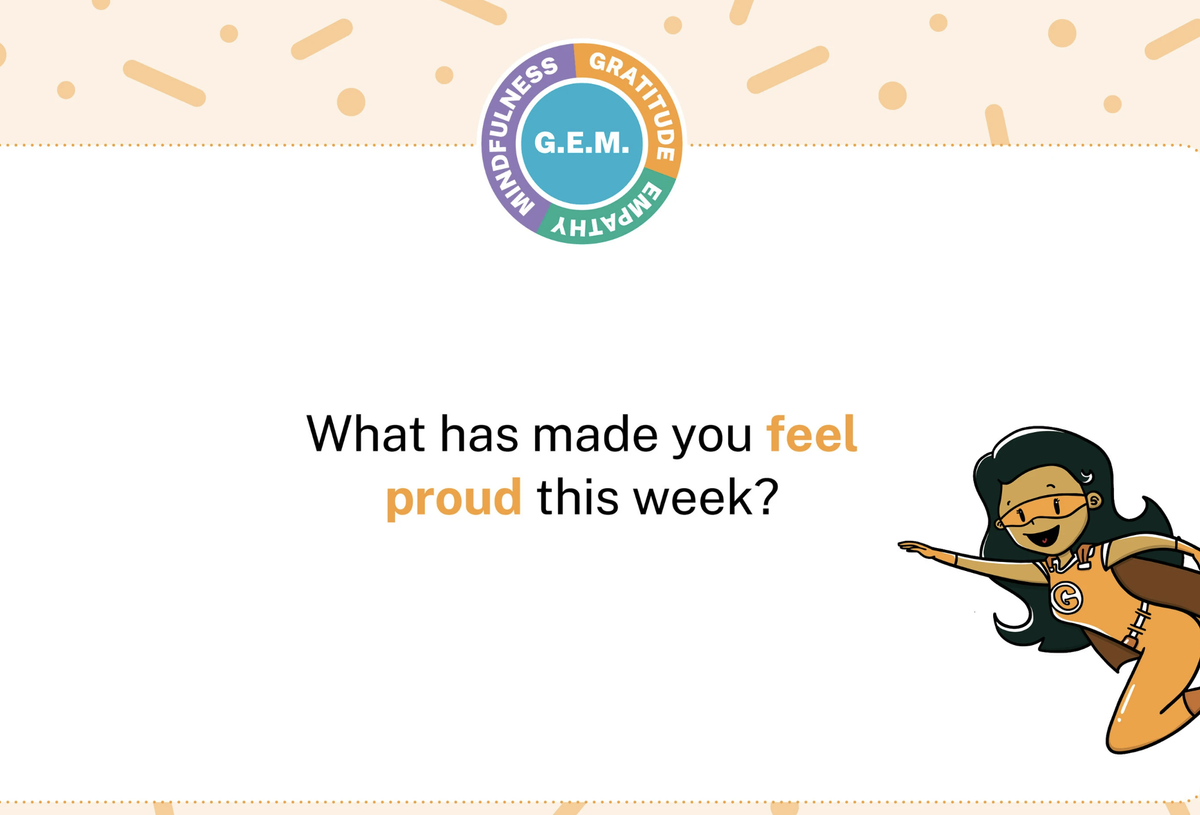Icarus
Grade 3

Icarus
Grade 3
May Newsletter Year 3
Dear Parents and Caregivers,
We’re excited to share that our Year 3 students have had a fantastic start to the term! They’ve settled in beautifully and have been engaged in a wide range of learning across all areas, including reading, writing, mathematics, and more. It’s been wonderful to see their enthusiasm and hard work in the classroom each day.
A special highlight so far has been the completion of our swimming program. It was not only a huge success but also a lot of fun for everyone involved. The students showed great determination and progress in their swimming skills, and we’re so proud of their efforts.
We look forward to an exciting rest of the term ahead and sharing more of your child’s learning journey with you.
Reminder/ Events:
Reading:
This term in reading we have been learning how to analyse a text, using the language and illustrations of a text. We have also been looking at examples of fiction, non fiction and narrative non fiction texts. We have used texts that link with our inquiry topic Australia and its closest neighbours, looking at countries such as New Zealand, Papua New Guinea, East Timor, Indonesia and Pacific Nations. Students have used maps and explored using the facts to gather information and create fact files on their chosen topics.
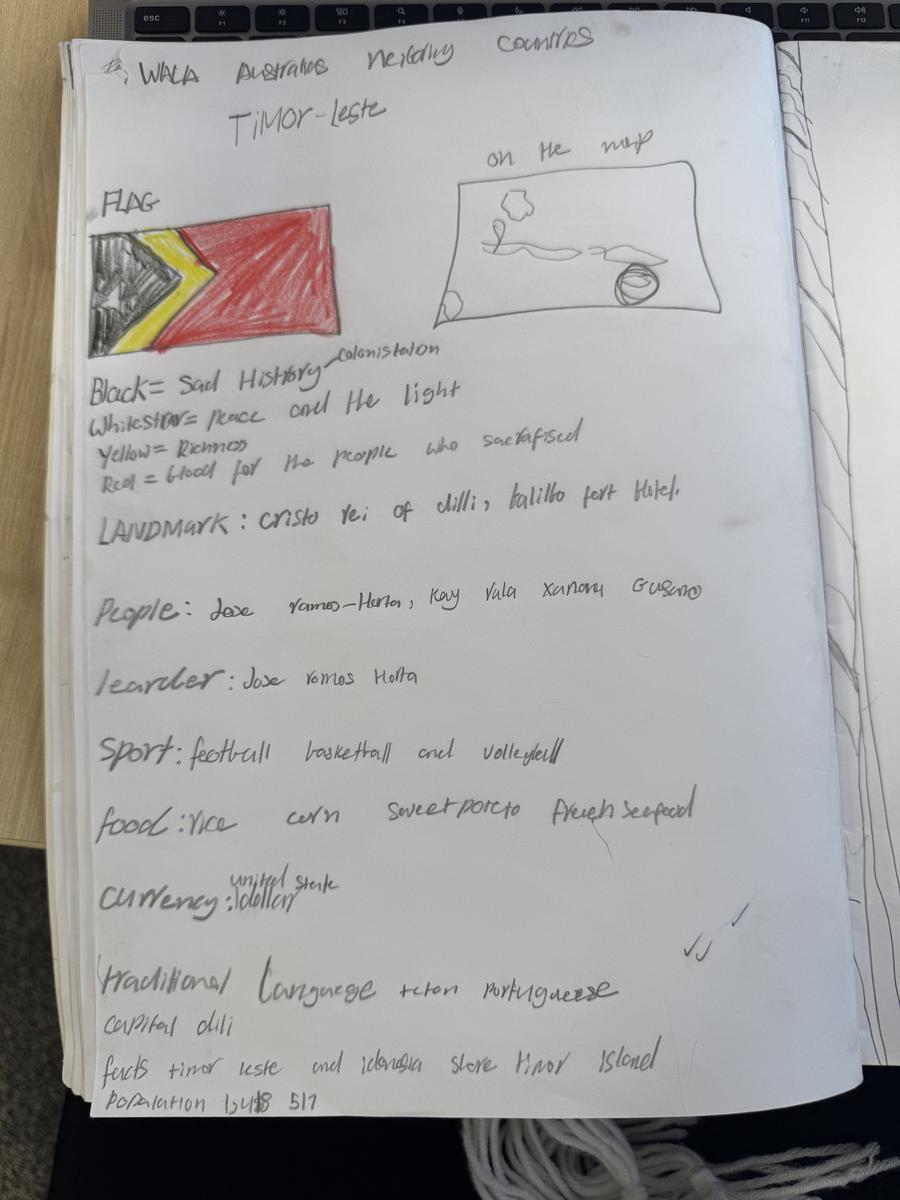
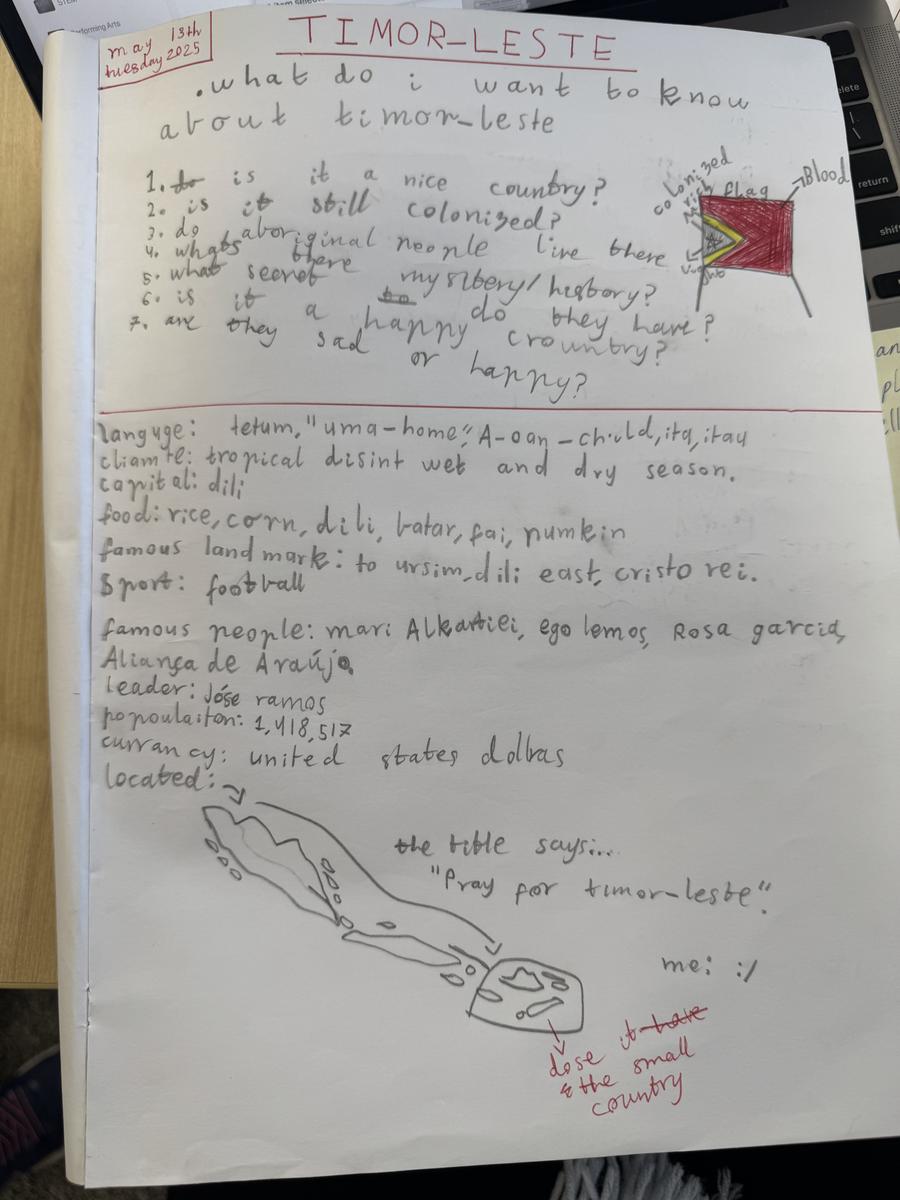


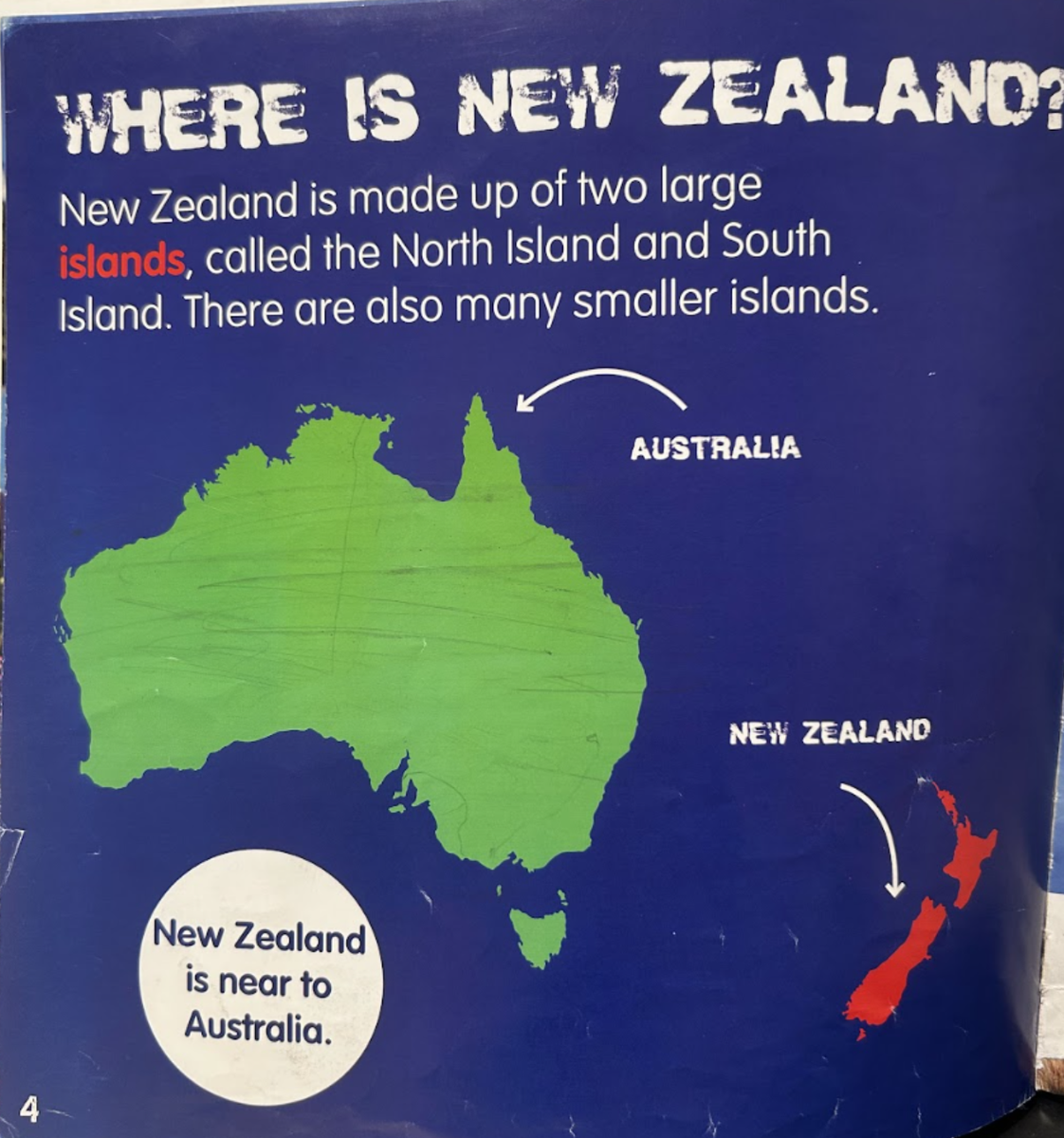

Writing:
This term in Writing, Year 3 students have been exploring information reports and learning how to follow the writing cycle – planning, drafting, revising, editing, and publishing.
Students have completed two information reports: one on Australia, and another on a neighbouring country of their choice linking to our Inquiry unit. As part of their research, students used a Lotus Diagram to organise their ideas and identify subtopics they wanted to explore.
To help structure their writing, students used a Hamburger paragraph template, ensuring their paragraphs had clear topic sentences, supporting details, and concluding sentences. During the revising and editing stages, students applied ARMS (Add, Remove, Move, Substitute) and CUPS (Capitalisation, Usage, Punctuation, Spelling) strategies. They self assessed using a checklist to identify if they completed the revising and editing stage before they were able to move onto publishing.
Students then published their final copies, choosing either to handwrite or type their information reports.
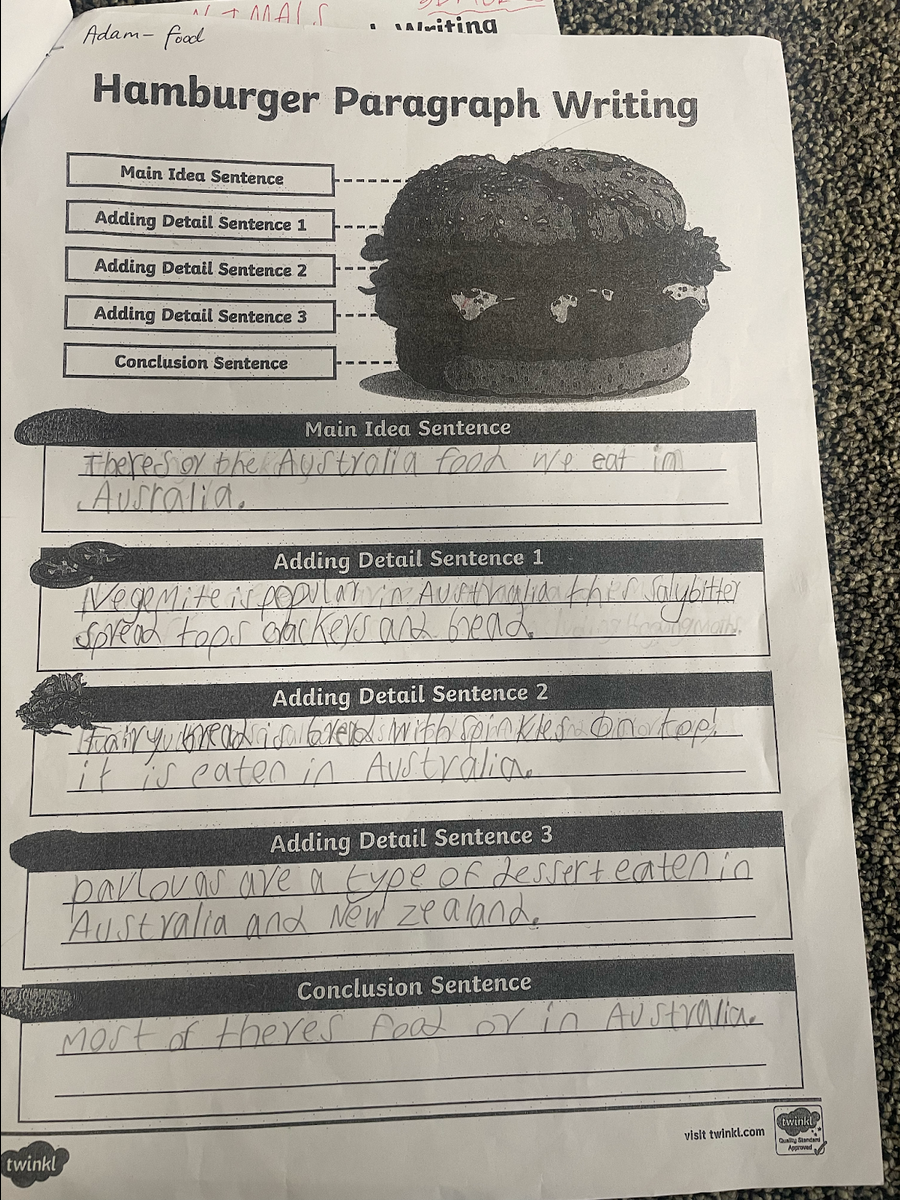

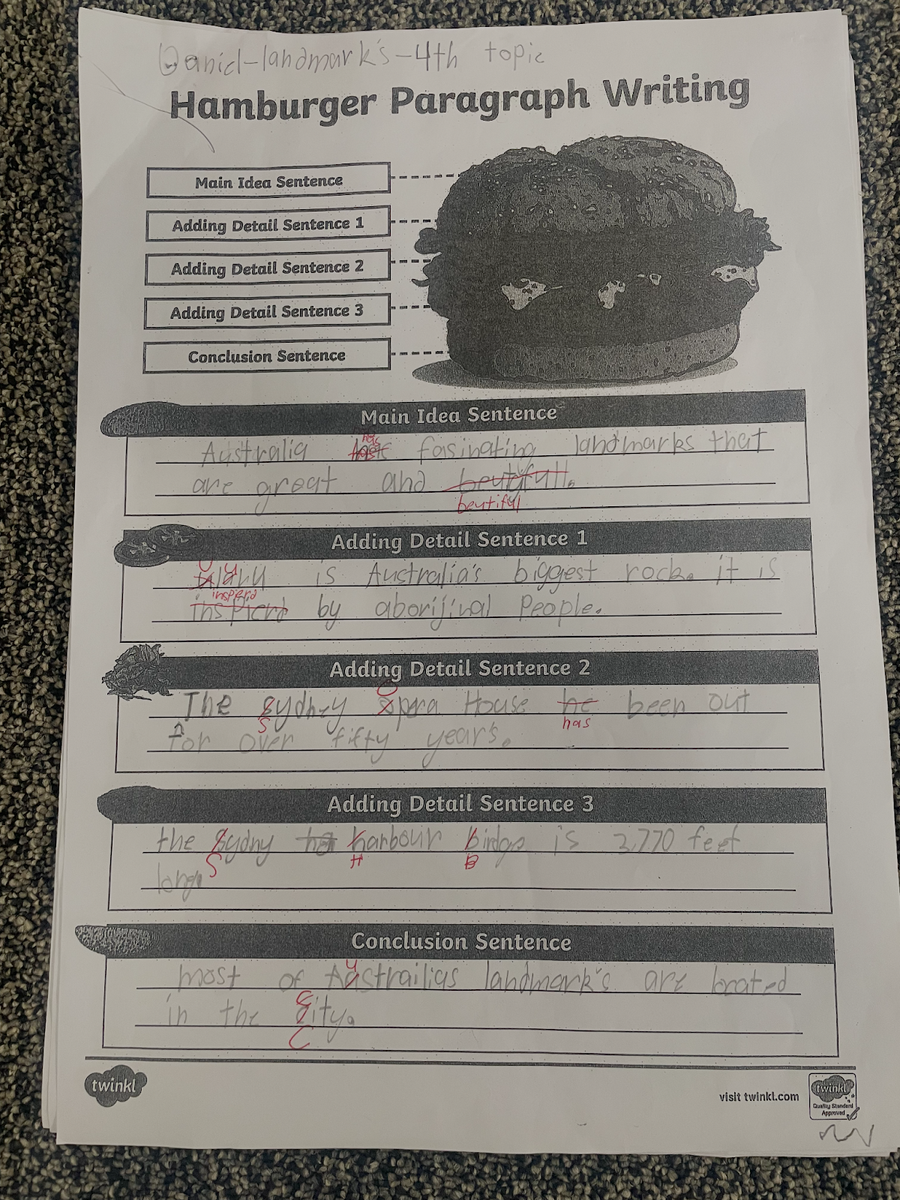

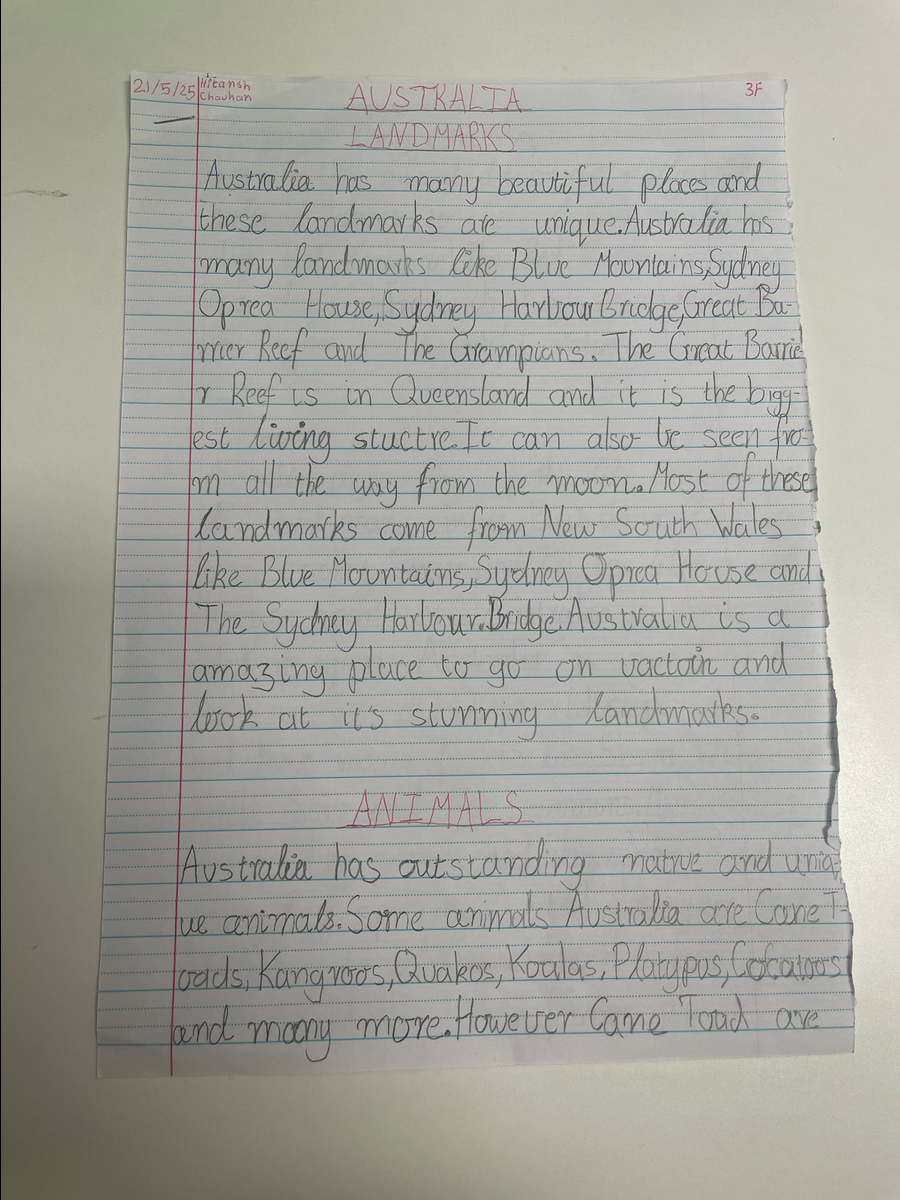
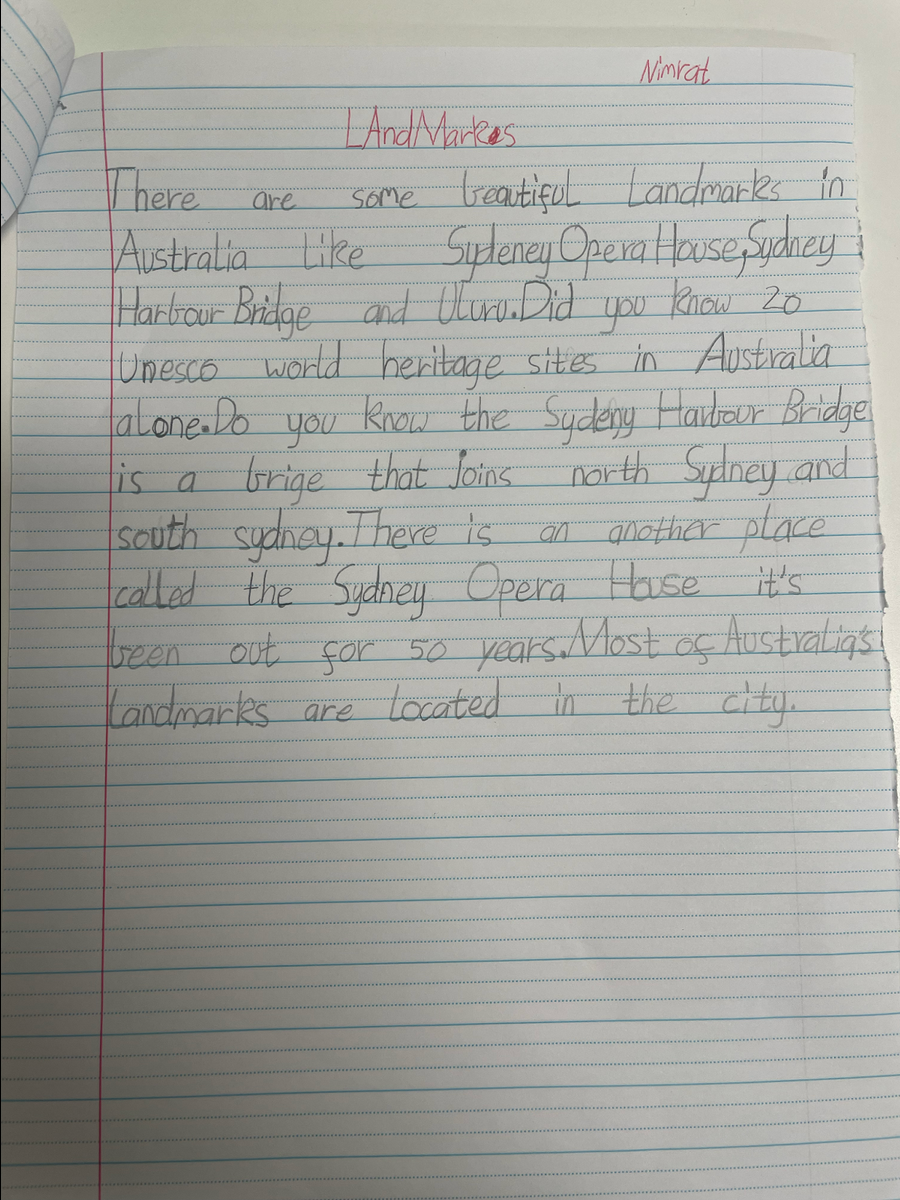
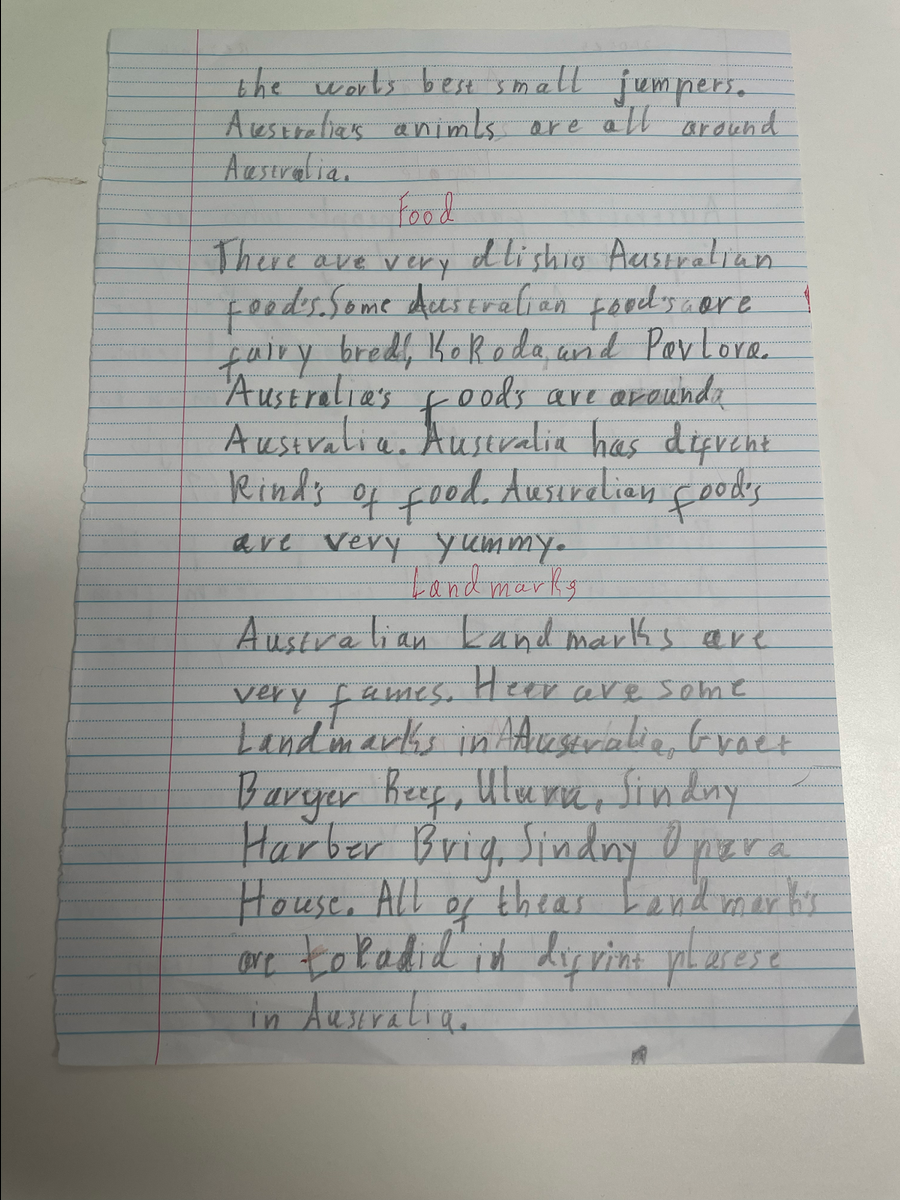



Numeracy:
This term in Numeracy, Year 3 students have been developing their understanding of place value, mental addition and subtraction strategies, and measurement concepts linked to mass and capacity. Students began by exploring how numbers can be represented in different forms using Base Ten materials, Place Value Expanders, and number sliders. They created their own Place Value Streets and collaborated on a class Place Value Neighbourhood display to demonstrate their knowledge of how digits change depending on their place.
Building on this foundation, students learned and practised a range of addition and subtraction strategies including using number facts, fact families, the Jump Strategy, and compensation. They solved real-world problems, identified missing numbers in equations, and explained their reasoning using open-ended tasks. Students worked both independently and in groups, with enabling and extending prompts supporting all learners to find success and deepen their thinking.
Most recently, students have been exploring measurement by estimating, comparing, and measuring mass and capacity using grams, kilograms, millilitres, and litres. Through hands-on activities and challenges, they applied their mathematical thinking to real-life situations – such as classroom capacity scavenger hunts and weighing common objects. Across all five weeks, students have been encouraged to share strategies, reflect on their learning, and make connections between number and everyday life.
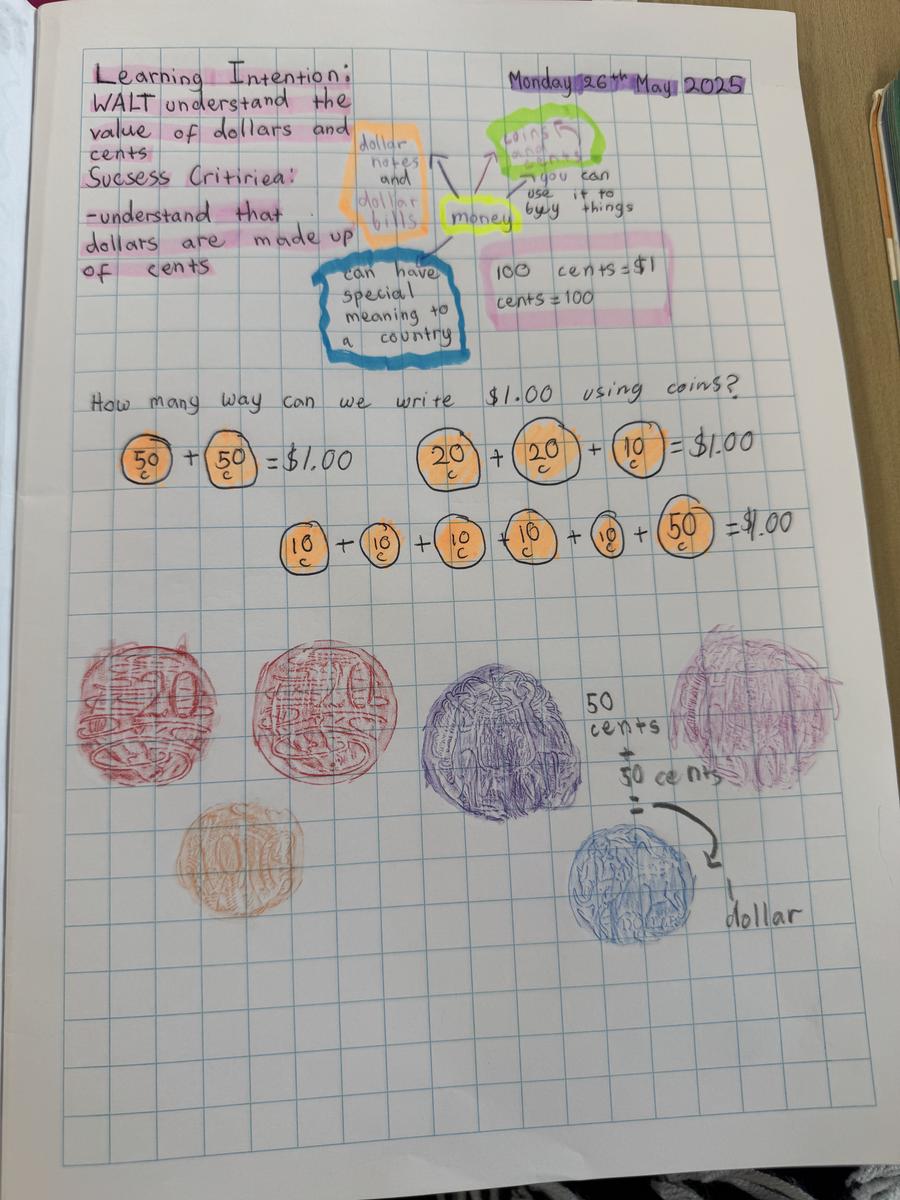
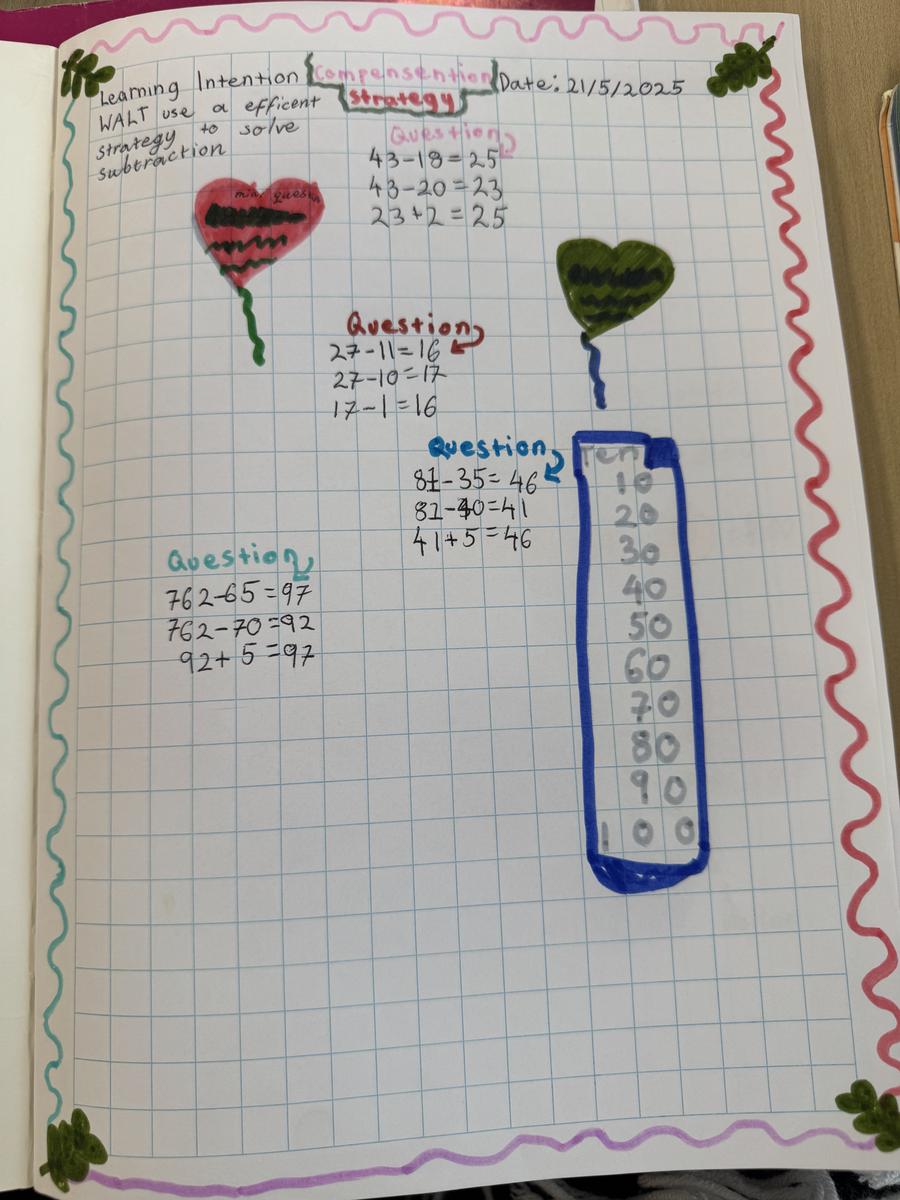
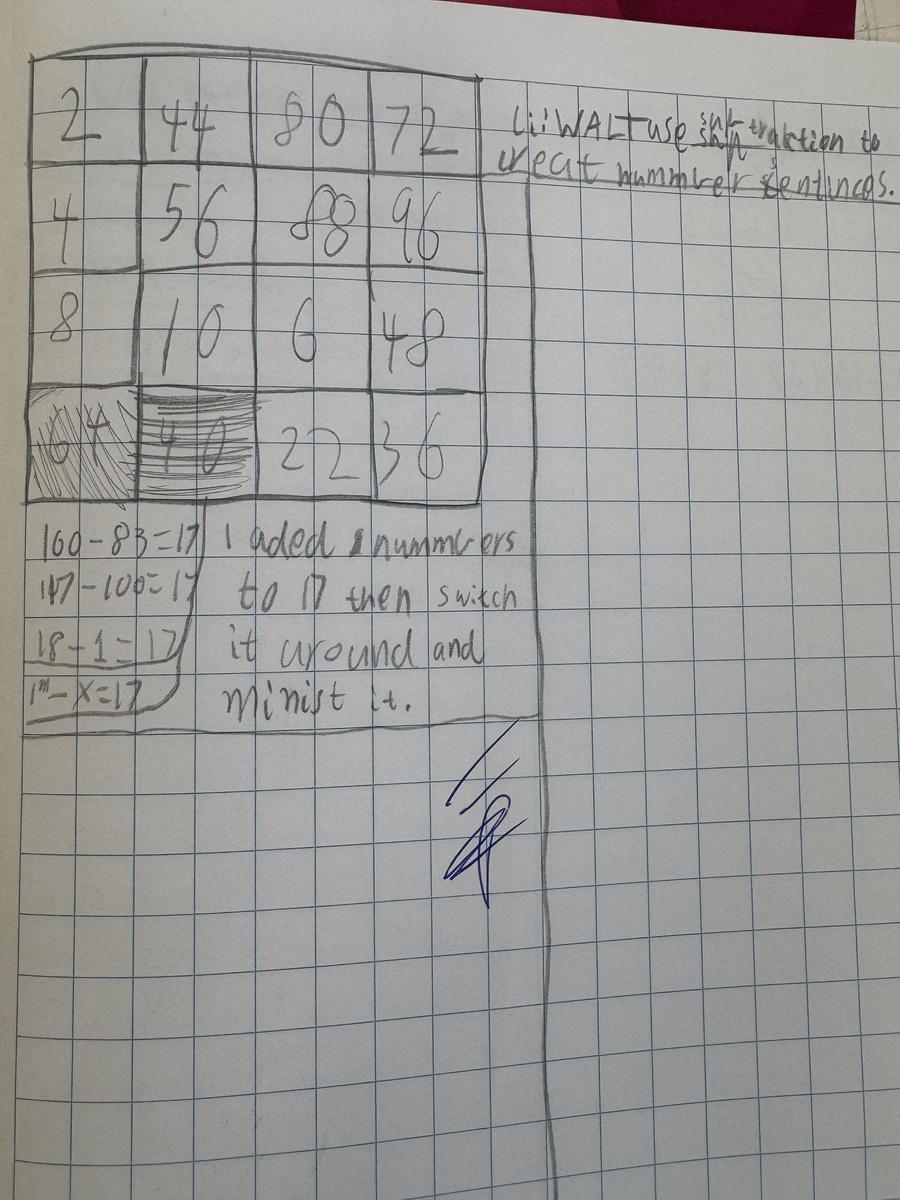



Inquiry: This term in Inquiry, our Grade 3 students are learning about Australia’s closest neighbours, including countries such as Indonesia, Timor-Leste, Papua New Guinea, and the islands of the South Pacific. Students are developing their understanding of these countries' locations, cultures, and key features. To apply their knowledge in a fun and engaging way, students are currently working on a research project where they are planning the ultimate holiday to one of these neighbouring countries! This project allows students to explore important details such as landmarks, languages, traditions, and travel planning, all while building their research and presentation skills. We can’t wait to see the creative holiday itineraries they come up with!
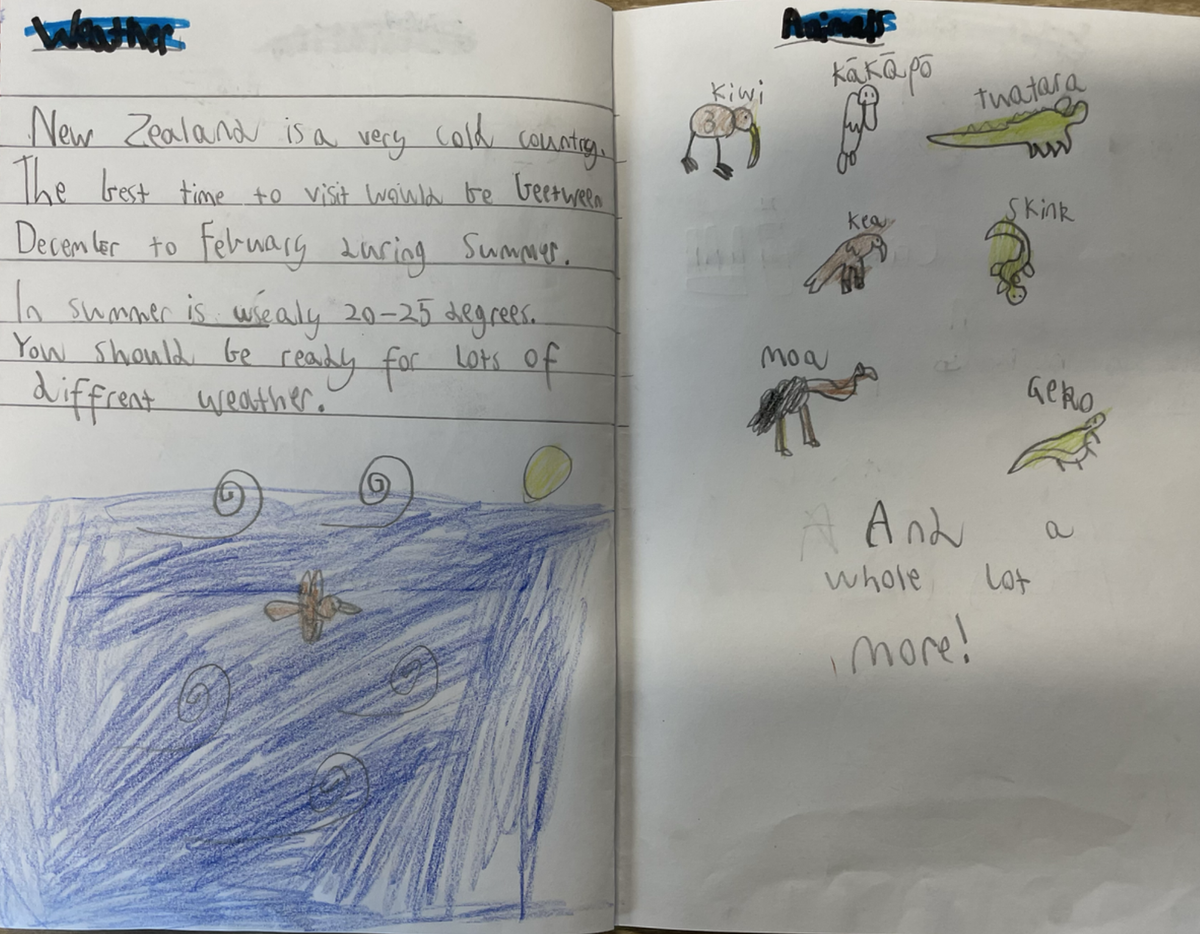

SEL:
In Social and Emotional Learning this term, students have explored important concepts such as sympathy, empathy, and strategies for coping with emotions, including how to manage and tame angry feelings. Through The Resilience Project lessons, they have developed their emotional literacy by learning to identify and understand a range of emotions in themselves and others. Students have also begun to recognise their own character strengths and those of their peers, helping to build positive relationships and a deeper sense of self-awareness.
